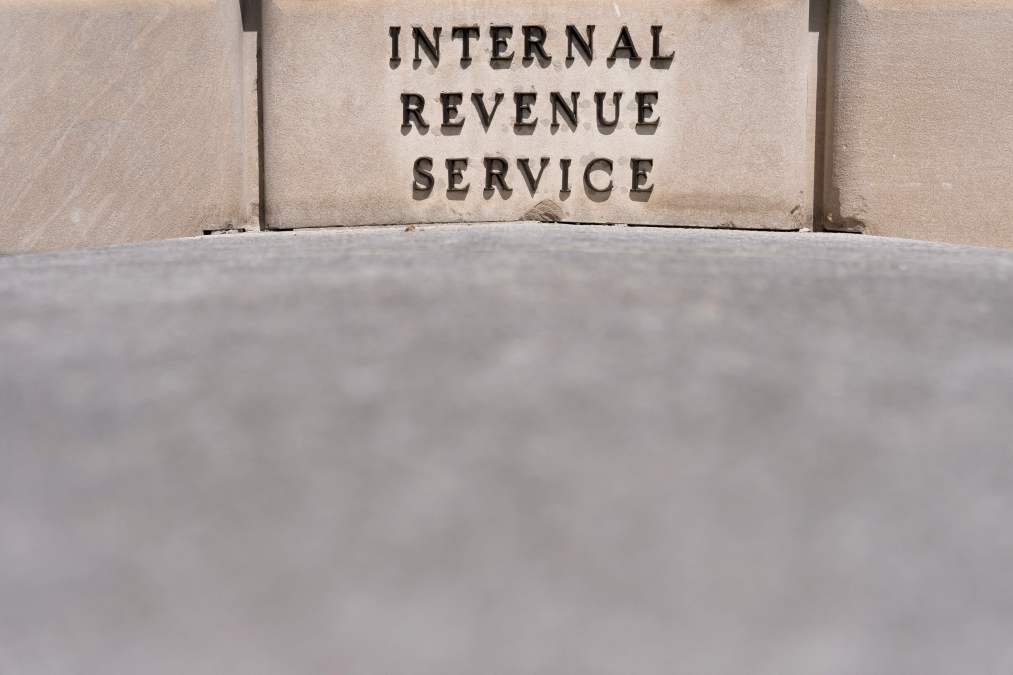IRS seeks information as it plans to scale up its robotic processing automation program

The IRS is looking to shore up the staffing of its robotic processing automation arm, as the program aims to develop and deploy 35 to 50 automations annually for the tax agency.
The RPA program, which sits within the IRS’s IT branch, is in project-planning mode and will be in need of software engineers, architects, business analysts and technical document specialists tasked with supporting the agency’s Center of Excellence/Program Management Office, Software Development and Technical Platform Support teams, per a request for information published last week.
Federal agencies have increasingly looked to RPA “bots” to offload basic but cumbersome processes to free humans up to focus on higher-quality work.
The automations, which require basic knowledge of IRS and accounting protocols, run the gamut in terms of complexity and frequently call for coordination between multiple external systems. RPA’s increased use of optical/intelligent character recognition is intended to chip away at the IRS’s stockpile of paper forms and also lessen the need for human processing and data entry of the forms into agency systems.
The RFI notes that vendors should have significant experience with robotic processing automation, but since the RPA program falls under the IRS’s general IT umbrella, staffers cover non-RPA areas such as responsibilities tied to the Federal Information Security Management Act of 2002, authority to operate, application program interfaces, data input and scraping with mainframes, the automation of daily tasks and the digitization of paper forms.
The RFI comes amid the IRS’s multi-pronged modernization push, fueled by $80 billion in fresh funding via President Joe Biden’s Inflation Reduction Act of 2022. The agency has embarked on a hiring spree to support its efforts, which include improved online customer services, leveraging AI to identify prime audit targets and launching its electronic Direct File pilot program in 13 states this tax season.
Responses for the RFI will be accepted until Jan. 2, 2024.






